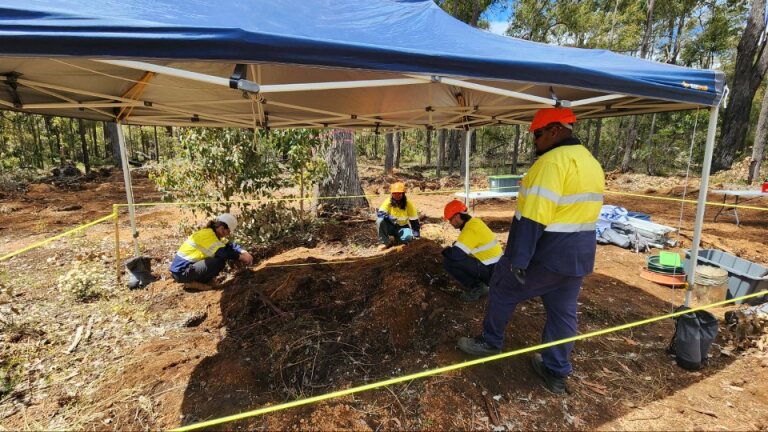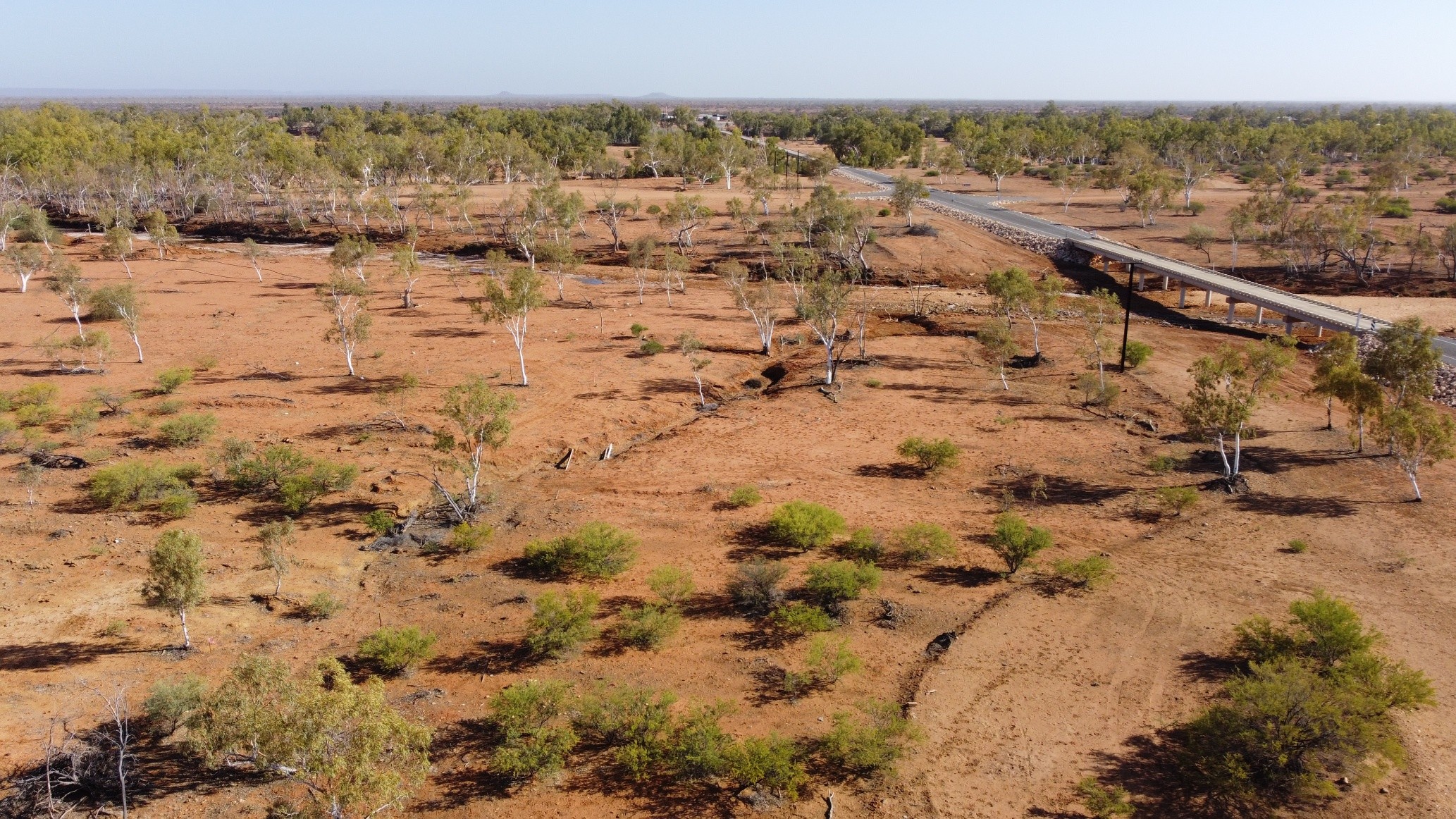Specialist Flora Survey: Monitoring Priority Species in Sir Samuel, Murchison Bioregion
Situated in the arid heart of the Murchison bioregion, the Sir Samuel area is a fragile ecosystem dependent on ephemeral water streams and concealed groundwater reserves. The native plant species here are resilient but susceptible to disturbance, necessitating vigilant environmental monitoring, especially considering the dual pressures of mining activities and the challenges posed by climate change.
Our investigative approach hinged on a snapshot observational survey, expertly steered through ecologically significant communities to evaluate the prevalence of both Priority and invasive plant species.
Methodology and Data Mapping
Our field team employed advanced spatial and cataloguing tools to ensure a high standard of data integrity:
- Digital Tools: Utilising advanced tools, we meticulously catalogued species, capturing visual records and essential habitat details.
- Targeted Evaluation: The survey focused on assessing the prevalence of Priority 4 species and identifying any invasive plants, which pose a significant threat to native biodiversity.
The amassed field data was subsequently converted into detailed GIS maps, graphically representing the dispersion of both native and non-native species within the surveyed territory. This visual data is crucial for regulatory reporting and developing targeted weed management strategies.
Integrating Science and Traditional Knowledge
Integral to our study was the invaluable cultural wisdom imparted by the Tjiwarl Rangers. With their approval, we documented culturally significant flora and their traditional applications, enhancing the scientific data with essential cultural depth. This ensures that the environmental management plan reflects a holistic understanding of the land.
Furthermore, we proposed and documented strategic monitoring sites in ecologically sensitive areas, laying the groundwork for future monitoring efforts, supported by both the community and professional environmental consultants.
Key Outcomes & Ecological Significance
The botanical survey conducted on Tjiwarl Country proved to be an enlightening and high-yield venture, culminating in several key achievements:
- The successful identification and documentation of a Priority 4 species.
- Accurate mapping of a significant invasive plant species.
- A rich catalogue of culturally important plant species, underscoring the Native Title Holders' extensive knowledge.
The successful exchange of rich cultural knowledge and the tangible data achieved underscores our commitment to delivering defensible environmental studies that meet regulatory requirements while respecting and integrating Traditional Ecological Knowledge.
Do you require specialist flora or fauna surveys, or environmental monitoring expertise in Western Australia's remote bioregions?
Contact Trace Enterprises to discuss our scientifically rigorous and culturally collaborative approach to environmental compliance.



